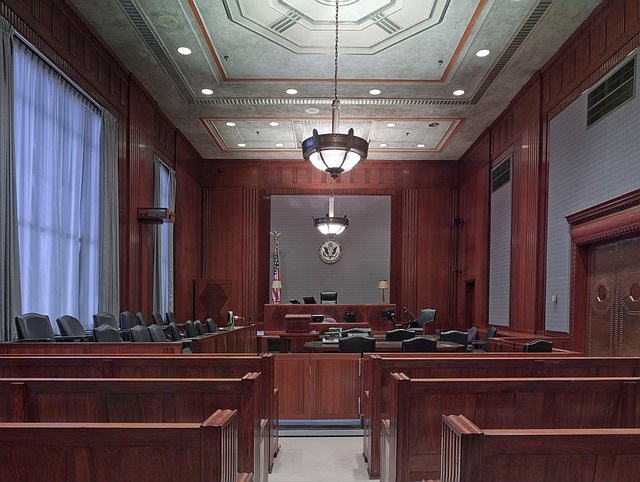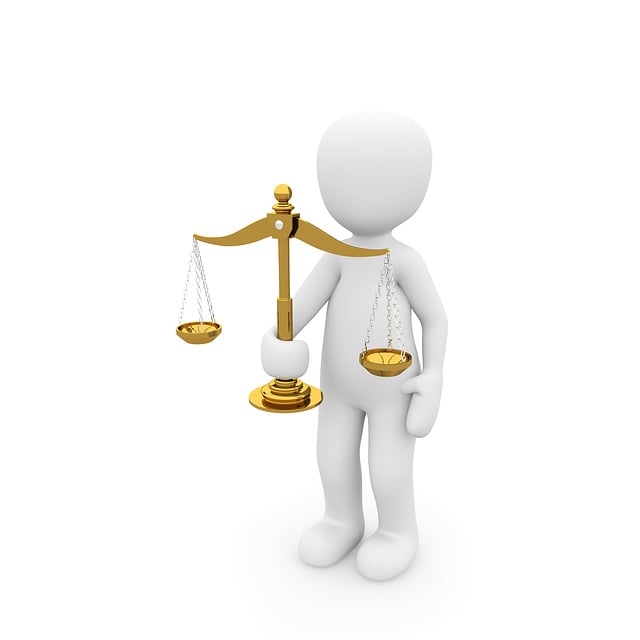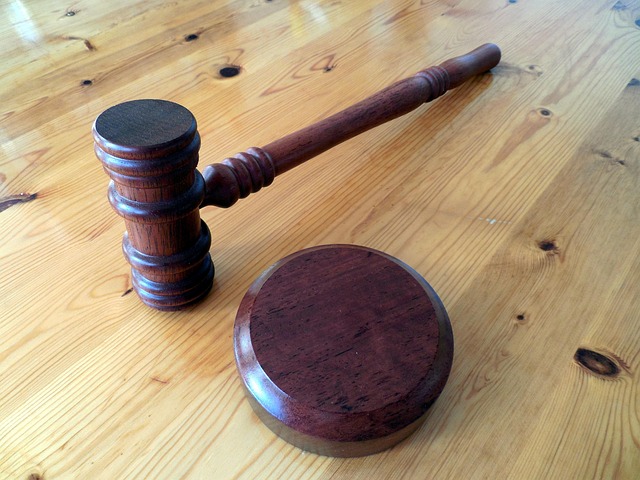Whistleblower Protection Laws are critical tools for accountability and exposing unethical practices, offering significant advantages in consumer protection lawsuits. When considering such a lawsuit, understanding eligibility and the legal framework is essential. The process involves identifying violations, gathering evidence, consulting specialists, filing claims, and navigating complex legal procedures. Both whistleblowers and respondents require deep knowledge to succeed, with successful cases leading to substantial settlements, improved governance, and enhanced consumer protections.
Whistleblower protection lawsuits are a powerful tool for consumers, enabling them to stand up against corporate wrongdoings. In an era where consumer rights are increasingly protected, understanding these laws is crucial. This article guides you through the process, from grasping the fundamentals of whistleblower protection to navigating the complexities of filing a claim under consumer protection laws. Learn about eligibility criteria, common challenges, and success stories that highlight the impact on consumer rights. Discover how to file a consumer protection lawsuit and become an agent of change.
- Understanding Whistleblower Protection Laws
- Eligibility Criteria for Consumer Protection Lawsuits
- The Process of Filing a Claim
- Common Challenges and Defense Strategies
- Success Stories and Impact on Consumer Rights
Understanding Whistleblower Protection Laws

Whistleblower Protection Laws are designed to safeguard individuals who expose illegal or unethical activities within their organizations. These laws are crucial in fostering a culture of accountability, ensuring that employees feel empowered to come forward with valuable information. Understanding how to navigate these legal frameworks is essential for anyone considering initiating a How to File a Consumer Protection Lawsuit.
By familiarizing themselves with the relevant legislation, individuals can protect their rights and increase their chances of achieving a successful outcome. Many jurisdictions have specific provisions that encourage whistleblowers by offering legal protections, such as preventing retaliation from employers. A solid understanding of these protections, combined with the assistance of a competent general criminal defense attorney, could lead to winning challenging defense verdicts and, ultimately, the complete dismissal of all charges.
Eligibility Criteria for Consumer Protection Lawsuits

When considering how to file a Consumer Protection Lawsuit, understanding eligibility criteria is paramount. Typically, individuals or organizations who have suffered harm due to unfair business practices can bring legal action under consumer protection laws. These laws are designed to safeguard consumers from deceptive, fraudulent, or unlawful activities in the marketplace. Eligibility often hinges on demonstrating that the defendant’s actions were intentional and resulted in a significant adverse impact on the plaintiff.
Consumer Protection Lawsuits can be particularly powerful when involving white collar and economic crimes, as they often carry severe penalties and an unprecedented track record of compensation for victims. The key to success lies in gathering compelling evidence, including documents, witness testimonies, and expert opinions, to prove the defendant’s wrongdoing and the resulting damages incurred by the plaintiff. This process requires meticulous attention to detail and a thorough understanding of the applicable laws, making it crucial to engage legal counsel with extensive experience in these types of cases.
The Process of Filing a Claim

When considering how to file a consumer protection lawsuit, it’s important to understand the steps involved in the process. The journey begins with identifying potential violations of consumer rights, which could include unfair business practices or product defects. Once identified, individuals who believe they’ve been wronged must gather evidence and consult with legal professionals experienced in consumer law. This is crucial for navigating the complexities of such cases.
The actual filing involves submitting a claim to the appropriate court, detailing the violations and seeking redress. Many states have specific laws governing consumer protection, so it’s essential to familiarize yourself with local regulations. Throughout this process, an attorney advocates for his clients, ensuring their rights are protected. The case may progress through various stages, including mediation, settlement negotiations, or even jury trials within the legal system. This collective effort from attorneys and philanthropic and political communities helps uphold justice and safeguard consumer rights in society.
Common Challenges and Defense Strategies

Whistleblower protection lawsuits often face significant challenges due to complex legal procedures and the sensitive nature of the cases. One of the primary hurdles is establishing a valid claim, as whistleblowers must prove they had reasonable grounds for their concerns and that their disclosures were made in good faith. This requires a thorough understanding of the underlying laws and regulations, which can be intricate and ever-changing.
Defending against such lawsuits presents unique strategies. Attorneys for respondents often focus on disputing the facts presented by the whistleblower, challenging the timing of disclosures, and raising questions about the motives behind the suit. In high-stakes cases involving white collar and economic crimes, defense strategies may include investigating the integrity of evidence, exposing inconsistencies in witness testimonies, and arguing that the whistleblower’s actions caused undue harm to the defendant’s reputation or business. Knowing how to file a consumer protection lawsuit effectively is crucial for both whistleblowers seeking justice and respondents aiming to protect their interests.
Success Stories and Impact on Consumer Rights

Whistleblower protection lawsuits have had a profound impact on consumer rights, leading to several notable success stories that have reshaped industries and protected individuals. These cases often involve employees who expose wrongdoing within their respective businesses, uncovering practices that harm consumers. As a result, many companies have been held accountable for fraud, safety violations, and unfair business tactics, setting a precedent for enhanced transparency and accountability across the country.
By understanding how to file a consumer protection lawsuit, individuals can play an active role in upholding justice. Success stories from whistleblowers have led to substantial financial settlements, improved corporate governance, and increased public awareness. This unprecedented track record demonstrates that speaking up against unethical practices can make a significant difference, not just for the individuals involved but for consumers at large who benefit from stronger protections and more responsible business conduct.
Whistleblower protection lawsuits play a vital role in upholding consumer rights by enabling individuals to stand up against unethical practices. Understanding the eligibility criteria and navigating the filing process, as outlined in this article, is crucial for those looking to protect consumers through legal action. By being aware of common challenges and defense strategies, potential whistleblowers can enhance their chances of success. Ultimately, these lawsuits serve as a powerful tool to ensure businesses uphold their responsibilities, creating a safer and more transparent marketplace for all. For those considering taking action, familiarizing yourself with How to File a Consumer Protection Lawsuit is the first step towards making a significant impact.






